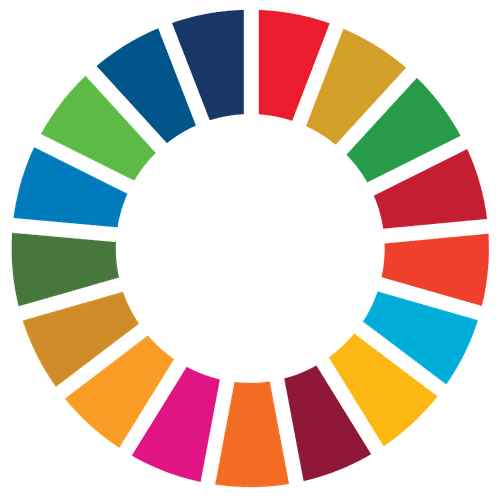The full title of this project is Transformative partnerships for sustainable development: Assessing synergies, effectiveness, and legitimacy of the UN's multi-stakeholder partnerships across SDGs to achieve the 2030 Agenda. The project is funded through 2024 by Formas, the Swedish Research Council for Sustainable Development. Transformative Partnerships 2030 comprises a team of world-leading scholars in the fields of international relations, global environmental governance, and development studies based at the Institute for Futures Studies in Stockholm, Sweden and at Stockholm University, Lund University, and Vrije Universiteit Amsterdam.
The role of multi-stakeholder partnerships (MSPs) in global governance has gained increasing attention among the international community. As part of the 2030 Agenda, UN member states agreed that sustainable development should be achieved through MSPs with Sustainable Development Goal 17. But do MSPs under the 2030 Agenda contribute to sustainable development? Or do they merely reflect a rhetorical commitment of the international community?
The overarching aim of this project is to examine if, how and when MSPs can contribute to the implementation of the 2030 Agenda and act as a vehicle to accelerate transformative shifts toward sustainability. The project advances empirical and theoretical research in social science by arguing that MSPs need to be synergistic, effective and legitimate to achieve the 2030 Agenda. By creating synergies between SDGs, utilizing effective strategies to address challenges, and adhering to practices that cultivate legitimacy, MSPs can enhance implementation and accelerate societal transformation.
To assess these propositions, the project employs a mixed-methods research design that combines statistical analysis, interviews, expert surveys, and participatory observation. Based on a novel dataset of MSPs that cuts across social, environmental, and economic goals, we will study 30 different MSPs and 60 specific projects in greater detail. The findings of this project will have substantive implications for how MSPs should be designed, governed, and integrated across SDGs to achieve the 2030 Agenda.

With less than 10 years remaining to 2030, MSPs have been promoted as mechanisms with the potential to solve implementation gaps and address democratic deficits and sustainability governance. SDG17 emphasizes that the implementation of the other 16 Goals should be guided by the principle of global partnership. Yet it is not clear whether the new generation of partnerships can be transformative instruments to accelerate the implementation of the 2030 Agenda. This project seeks to explain whether partnerships are potential tools for effective, synergistic, and inclusive governance. The overall aim of the project is to assess if, how, and under what conditions UN partnerships for sustainable development can contribute to achieving the 2030 Agenda and accelerating transformative shifts toward sustainability by being synergistic, effective, and legitimate.
1. To what extent are MSPs achieving synergies among the SDGs?
2. To what extent are MSPs effective in addressing SDGs in terms of output, outcomes, and impacts?
3. To what extent are MSPs legitimate, inclusive, and accountable?
4. How should MSPs be designed and governed to become synergistic, effective, and legitimate in order to implement the 2030 Agenda through transformative change?
/https%3A%2F%2Fassets.v3.snowfirehub.com%2Fimages%2F121094%2F32_o_formas-symbol-liggande-rgb-png.png)
/https%3A%2F%2Fassets.v3.snowfirehub.com%2Fimages%2F121094%2F33_o_iffs-logo-black-eng.png)
/https%3A%2F%2Fassets.v3.snowfirehub.com%2Fimages%2F121094%2F67_o_su-logo-liggande-digitalt-anpassad-400px-eng.png)
/https%3A%2F%2Fassets.v3.snowfirehub.com%2Fimages%2F121094%2F68_o_lunduniversity-c2line-rgb.png)
/https%3A%2F%2Fassets.v3.snowfirehub.com%2Fimages%2F121094%2F69_o_ivm.png)